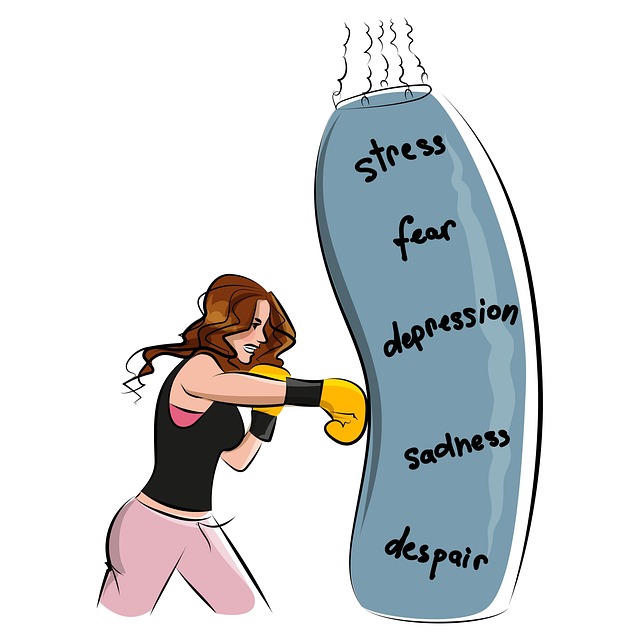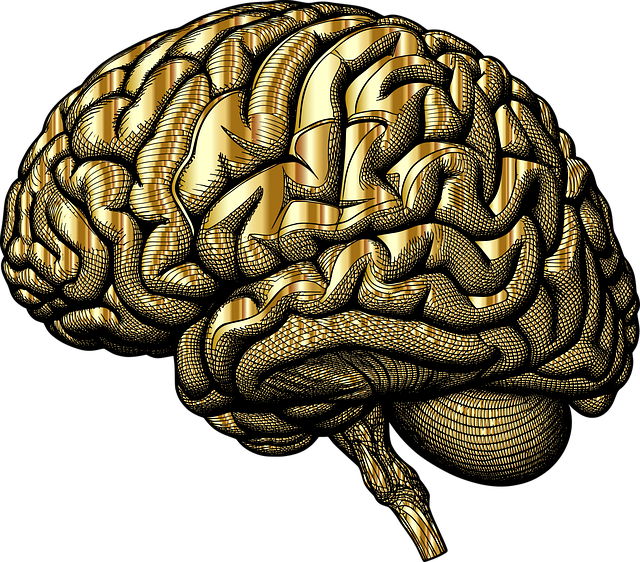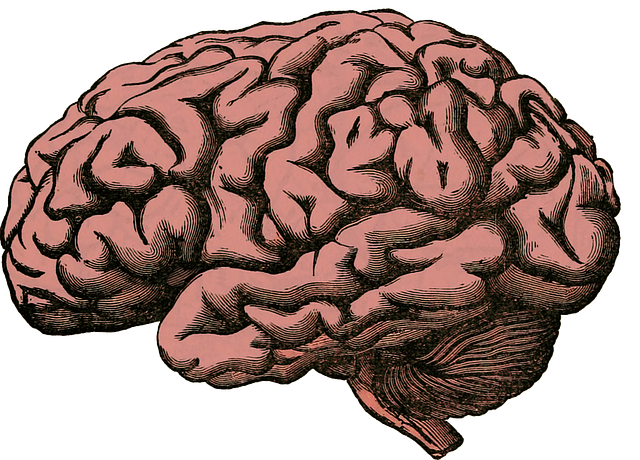The Lafayette Chronic Illness Therapy program holistically addresses mood regulation by combining self-awareness development, crisis intervention techniques, and conflict resolution skills to empower individuals managing chronic conditions. They utilize stress management through mindfulness meditation, cognitive behavioral techniques (CBT) for thought pattern challenges, and structured workshops for burnout prevention. Lifestyle adjustments like regular exercise, balanced diets, and quality sleep are emphasized for improved mental well-being, along with social connections and creative outlets, ultimately enhancing resilience and overall emotional health.
Mood regulation is a vital aspect of emotional well-being, especially for those managing chronic illnesses. This comprehensive guide explores various strategies to achieve and maintain a balanced state of mind. We delve into the intricacies of understanding mood regulation, highlighting the role of Lafayette Chronic Illness Therapy in providing holistic solutions. Additionally, we cover evidence-based techniques like cognitive behavioral therapy and lifestyle adjustments proven to enhance mental resilience.
- Understanding Mood Regulation: Unraveling Emotional Balance
- Lafayette Chronic Illness Therapy: A Holistic Approach
- Cognitive Behavioral Techniques for Better Mood Management
- Lifestyle Adjustments and Their Impact on Mental Well-being
Understanding Mood Regulation: Unraveling Emotional Balance

Understanding Mood Regulation involves recognizing that emotional balance is a delicate equilibrium. It’s about more than just feeling happy; it entails managing and navigating a range of emotions, from joy to sadness, anxiety to calmness. Emotional health, especially in the context of Lafayette Chronic Illness Therapy, plays a pivotal role in overall mental wellness.
Effective mood regulation strategies are essential tools for maintaining stability. Mental Wellness Coaching Programs Development often emphasizes the importance of self-awareness and coping mechanisms like Crisis Intervention Guidance and Conflict Resolution Techniques. By learning these skills, individuals can better handle stressful situations, resolve conflicts, and prevent emotional crises, ultimately fostering a sense of emotional resilience.
Lafayette Chronic Illness Therapy: A Holistic Approach

Lafayette Chronic Illness Therapy offers a holistic approach to managing chronic conditions, focusing on the interconnectedness of physical, mental, and emotional well-being. This comprehensive strategy recognizes that chronic illnesses often impact not just the body but also the mind and spirit. As such, it incorporates various techniques to address these multifaceted needs.
One key component is stress management through mindfulness meditation practices tailored to individuals’ unique circumstances. By fostering a sense of calm and awareness, this approach helps patients navigate the challenges posed by chronic illness with greater resilience. Additionally, Lafayette Chronic Illness Therapy emphasizes the importance of boosting confidence, enabling individuals to embrace self-care routines and advocate for their health needs effectively.
Cognitive Behavioral Techniques for Better Mood Management

Cognitive Behavioral Techniques (CBT) offer powerful tools for individuals seeking to manage their moods effectively. This therapeutic approach focuses on identifying and challenging negative thought patterns, which in turn can significantly impact emotional well-being. By learning to recognize triggers and replace unhelpful cognitive distortions with more realistic and positive thoughts, individuals can gain a sense of control over their moods and overall mental health.
For those dealing with chronic illnesses or experiencing burnout from high-stress professions, such as healthcare providers, CBT can be particularly beneficial. It provides practical strategies for navigating crises and managing stress, ultimately fostering resilience. Through structured workshops and guidance in crisis intervention, individuals can learn to prevent burnout and maintain a healthy work-life balance. This proactive approach not only enhances personal well-being but also contributes to better patient care in the case of healthcare professionals.
Lifestyle Adjustments and Their Impact on Mental Well-being

Making lifestyle adjustments can significantly impact mental well-being, especially for individuals managing chronic conditions. Simple yet powerful changes like regular exercise, a balanced diet, and sufficient sleep have been shown to reduce stress, improve mood, and enhance overall resilience. These habits not only support physical health but also create a sense of control and self-care, which are essential components of mental wellness. For instance, the Lafayette Chronic Illness Therapy program emphasizes these lifestyle modifications as part of its holistic treatment approach, helping clients achieve better outcomes.
Incorporating social connections and meaningful activities into daily routines is another effective strategy. Building a strong support network through community outreach programs or joining support groups can foster a sense of belonging and reduce feelings of isolation. Furthermore, engaging in creative outlets, such as art or writing, along with effective communication strategies, can provide additional avenues for emotional expression and coping. The interplay between these lifestyle adjustments and mental health is complex but profoundly influences an individual’s overall well-being.
Mood regulation is a multifaceted process that involves understanding our emotional balance and employing various strategies. From cognitive behavioral techniques to lifestyle adjustments, there are numerous ways to manage and enhance mental well-being. One notable approach highlighted in this article is the holistic methodology of Lafayette Chronic Illness Therapy, which offers a comprehensive solution for those seeking lasting emotional stability. By combining these evidence-based methods, individuals can effectively navigate their emotional landscape and achieve a sense of equilibrium.














